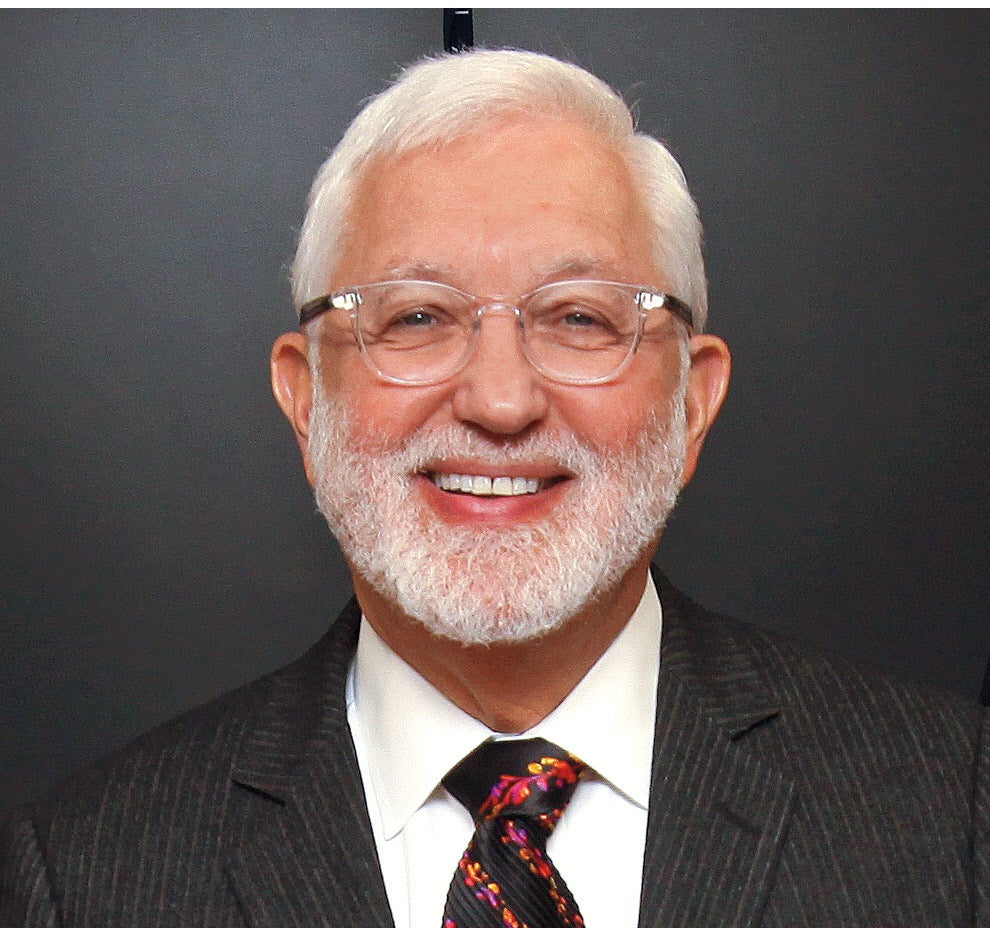Nothing Judge Jed S. Rakoff ’69 writes on the bench this year is likely to get as much attention as his January essay exploring why no high-level executives have been prosecuted for their roles in the 2008 financial crisis.
Rakoff, who has served on the U.S. District Court for the Southern District of New York since 1996, didn’t mince words in his New York Review of Books piece. He dismissed as “unconvincing” the “excuses” offered by the U.S. Justice Department for failing to prosecute executives, such as the difficulty of proving fraudulent intent or the potential harm to the economy.
Rakoff (brother of HLS Professor Todd Rakoff ’75) blamed prosecutors for emphasizing other priorities, such as insider trading or Ponzi schemes, and for being reluctant to bring cases which might highlight how “deeply involved” the government was in creating conditions that made fraud possible. Most importantly, he said, prosecutors have been too focused on companies rather than individuals.
“[T]he future deterrent value of successfully prosecuting individuals far outweighs the prophylactic benefits of imposing internal compliance measures that are often little more than window-dressing,” Rakoff wrote.
The question of who should bear responsibility for Wall Street’s failings is one that Rakoff, a former federal prosecutor, has thought a lot about, both on and off the bench. In recent years, he has blocked settlements between the Securities and Exchange Commission and Bank of America and Citigroup as too lenient.
Having talked about the lack of individual prosecutions in speeches last year, Rakoff said he decided to write the essay in his capacity as “a private citizen” in order to bring the issue to a “wider audience.” He said he waited until the five-year statute of limitations ran out to avoid any potential conflict of interest.
Rakoff’s essay drew widespread press coverage, including in the Los Angeles Times, where columnist Michael Hiltzik wrote, “You won’t find a better, more incisive discussion of the question.”
The essay drew less favorable reviews from a trio of attorneys at Ropes & Gray, who suggested in an article for WestlawNext that it will make defendants in cases related to the financial crisis “wary of stepping into his courtroom” while prosecutors may “take harder stances” before him than they otherwise would.
While judges can’t talk about pending cases, Rakoff said the public benefits when judges “speak to improvements in the law and matters touching on the business of the courts.”
“This notion that judges should be cloistered away is in my view much too narrow, both because the public has a right to know a little bit about their judges but also because judges may have something useful to offer to the great debates that the First Amendment permits,” Rakoff said.
